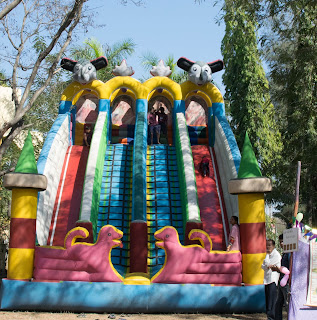International Women's began with women protesting against wages and conditions within the textile industry at the turn of the 20th Century and has since grown into a global movement on March 8th.
Annually around the world events are held that celebrate women’s contribution to society from fun runs, breakfast panels, gala events to festivals.
We are excited to announce that AarogyaSeva will conducting an event at our soon to be open new AarogyaSeva Clinic- AarogyaSeva Karuna Clinic opposite the Lalbagh Siddapura gate on International Women’s Day.
The new AarogyaSeva Clinic centre will not only be a free clinic but also a prosthetic limb centre. Disability is an important public health problem in India with 2.6 million people living with a disability according to the 2011 census.
The clinic will house a 3-D printer with a focus on creation of upper limb prosthesis for children. The recipients will be involved in designing, printing and assembling the limb making it an experiential and empowering process.
It is intended that in collaboration with our partner organisations- The Challenging Ones, Association of People with Disability, IEEE, BMS College of Engineering and Rochester Institute of Technology least 25 limbs will be created in the first year.
In additional we are seeking to use the space to provide workshops, education and awareness on 3D printing and health as well as allowing students and innovators to experiment with creating low cost medical solutions.
So please come along on March 8th and see the new clinic and support the female artists! Looking forward to seeing you all there.
If you are interested in learning more or providing assistance please write to us at Volunteer@aarogyaseva.org















































